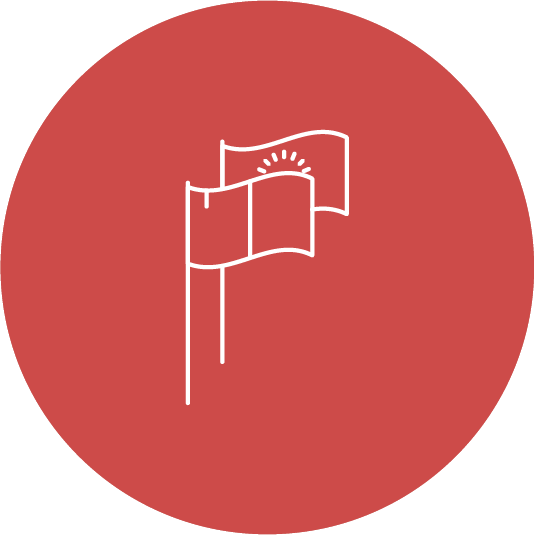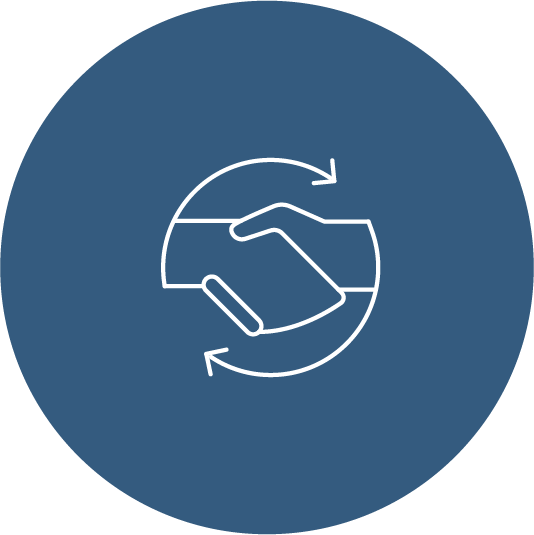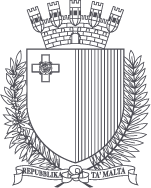Excellencies, Ladies and Gentlemen,
As the Maltese Minister responsible for international development, it is an honour for me to present Malta’s first Voluntary National Review on its contribution towards the implementation of the 2030 Agenda for Sustainable Development.
Malta’s VNR provides an overview of all the 17 SDGs, based on the input of all Government ministries, public entities, civil society, and the business community.
The review includes information on both Malta and Gozo, which is Malta’s smaller, sister island, and which is notable for being included among the Top 100 Sustainable Destinations of the world in 2017.
For the purpose of this presentation, and in view of time limitations, I shall only touch upon the most pertinent areas that reflect the Maltese Islands’ sustainable development.
Malta is a developed country, and has already met – and, at times, exceeded – a number of SDG targets. In 2012, we adopted the Sustainable Development Act, mandating Government to mainstream sustainable development in its policies, along with the creation of a Sustainable Development Network and Government Focal Points from each Ministry, which meet periodically.
With a total land area of 316 square kilometres, Malta ranks among the 10th smallest countries in the world.
Our resident population exceeded 460,000 at the end of 2017, making our archipelago one of the most densely populated countries in the world. This reality, coupled with limited natural resources, poses several challenges and limitations which make sustainable development all the more important.
Notwithstanding these challenges, Malta is the third fastest growing economy in the European Union, with our GDP going up by 6.4 per cent in real terms in 2017. Moreover, the real GDP is forecasted to increase by 5.4 per cent in 2018, making Malta the second fastest growing economy in the European Union.
Such progress would not have been possible had my Government not embarked on the implementation of a long-term vision geared towards increased foreign and domestic investment, economic growth, and productivity.
This has resulted in a diversified economy and in the creation of further new economic sectors, particularly in the services industry. Malta’s Government supports entrepreneurship, and has taken initiatives to support businesses in their different stages of growth.
A strong economy requires a robust, resourceful workforce, and a good education is the very backbone of such a workforce. Malta’s education expenditure reached 5.4 per cent of its GDP in 2016. All children from the age of 4 receive formal education, which is free in State-run schools.
To familiarise schoolchildren with the world of technology, all those in the fourth year of primary school are given a free tablet computer. To address the issue of young men and women who are neither employed, nor in training or in the educational system, several initiatives are in place to help them develop the necessary skills to enter the labour market.
University courses at undergraduate level are also free for Maltese and European Union nationals.
Since 2014, the Government has been offering free childcare for pre-school children, whose parents are in employment or in education. This acts mostly as an incentive for parents of preschoolers to join the workforce, or return to it. This incentive aims at strengthening policies and legislation towards greater gender equality and empowerment of women at all levels of society.
In 2017 Malta reported a 5.37 per cent increase in employment, when compared to the previous year, representing the highest growth among all EU Member States. A number of schemes are in place to assist jobseekers, including traineeship schemes, schemes for mature workers, and programmes aimed at individuals with physical or intellectual disabilities.
Gender equality and reduced inequalities are very much at Malta’s heart. In 2017, Malta kept its top position on the European rainbow map for LGBTI people. Marriage in Malta is now gender neutral, and same-sex couples may adopt children. In 2017, the Council for Women’s Rights was set up to strengthen dialogue between Government and civil society. Malta’s employment regulations are based on the principle of equal treatment, laying down requirements to combat discrimination.
Malta’s society is peaceful, and offers equal access to justice. In April this year, a national Anti-Money Laundering Strategy and a Strategy Combatting the Financing of Terrorism were adopted, and are currently being implemented.
The risk of poverty and social exclusion in Malta is below the EU average. A number of centres have been set up to support the more deprived.
Malta is also sensitive to the rights and needs of persons with disabilities. The Disabled Persons Act requires employers to ensure that 2 per cent of their workforce is made up of persons with disabilities when the total workforce comprises more than twenty staff. As an incentive, these employers benefit from a tax reduction.
Given the country’s limited freshwater resources, sustainable water management is at the top of our agenda. Malta uses reverse osmosis seawater desalination technology to ensure 100 per cent access to safe and affordable drinking water. All wastewater is treated prior to its discharge, to safeguard coastal waters. Government is investing in water polishing plants to produce filtered, reclaimed water for use in agriculture, landscaping, industry, and aquifer recharge.
With regard to marine life, Malta has designated 35 per cent of its waters as marine protected areas, covering an area larger than its land mass.
My Government is collaborating with NGOs on the organisation of regular beach clean-ups – events which have been successful and well attended. I am also pleased to mention that a good number of Maltese beaches have been awarded Blue Flag status.
In terms of the energy sector, significant upgrading and diversification of renewable resources have taken place. In 2017, the last heavy-fuel oil power plant was withdrawn from operation, and a new gas turbine was inaugurated. Two years earlier, in 2015, Malta connected to the European energy network via the Italian island of Sicily through an electricity grid, thereby eliminating Malta’s energy isolation.
Moreover, we are encouraging the use of public transport through a number of incentives, such as making public transport free for those aged between 16 and 20. In fact, the use of public transport has increased by 11.4 per cent in one year.
The Government of Malta is committed to continue addressing any environmental challenges emanating from the recent spike in population.
Malta also offers free public healthcare. Several strategies are in place for the prevention of communicable and other diseases. Maternal mortality rate is low, and all newborns undergo a national screening programme to detect specific health conditions.
We also participate in EU Food Aid Programmes, providing vulnerable citizens with food packages. To promote widespread good health, Government has set up an Advisory Council to encourage healthy lifestyles. In the agricultural field, a draft National Agricultural Policy for the period 2018 to 2028 has been issued for public consultation – it contains a vision towards a more sustainable agricultural sector.
In relation to infrastructure, several investments have been made in various sectors, such as upgrading works at the Grand Harbour in Valletta for improved access, healthcare facilities and emergency preparedness, water distribution, and energy networks, as well as investments in the waste sector as part of Malta’s Waste Management Plan. Several restoration projects have also been implemented as a means of preserving our cultural heritage.
Public-private and civil society partnerships are in place at a local level, as well as at regional and international levels, which allow for collaboration on a number of projects that contribute to Malta’s development. One such example is the recently-established Commonwealth Small States Centre of Excellence in Malta, with the aim of providing capacity-building courses to small States in areas contributing to the SDGs, with a special focus on blue growth.
I am pleased to inform you that, earlier this month, the revised Implementation Plan to Malta’s Official Development Assistance Policy was launched. The new Implementation Plan is fully aligned with the 2030 Agenda, and with the European Consensus on Development. Malta’s ODA in 2017 reached 0.22 per cent of our GNI, and we remain committed to continue increasing our contribution.
Notwithstanding the challenges faced by Malta as an island State – particularly due to its insularity and peripherality, lack of natural resources, financing for development constraints, and a high population density – the Government of Malta remains fully committed to the SDG goals and the aims of Agenda 2030, for the benefit of present and future generations.
Excellencies, Ladies and Gentlemen,
Mindful of the time, I encourage you to read our full VNR on the dedicated UN webpage.
I would now like to share with you 4 of 17 short videos, one for each of the 17 SDGs, that were prepared as part of a project that was implemented last year between my Ministry and the national development NGO platform. These videos were broadcasted on national television to generate public awareness and encourage people’s contribution towards SDG implementation.
Malta remains committed to move forward in this journey, where Governments and their citizens work hand in hand, towards a sustainable future for all.
Thank you for your attention.






